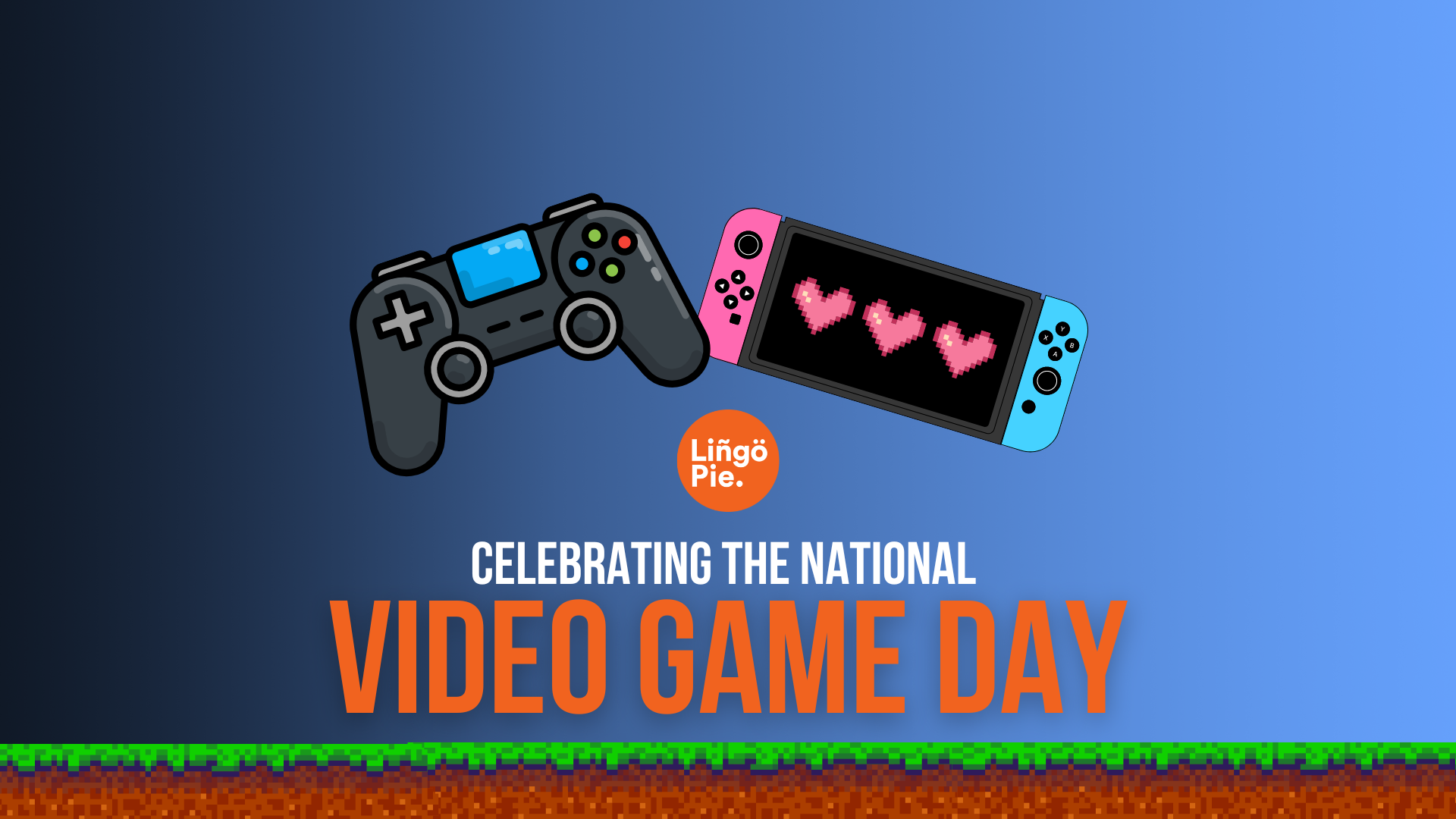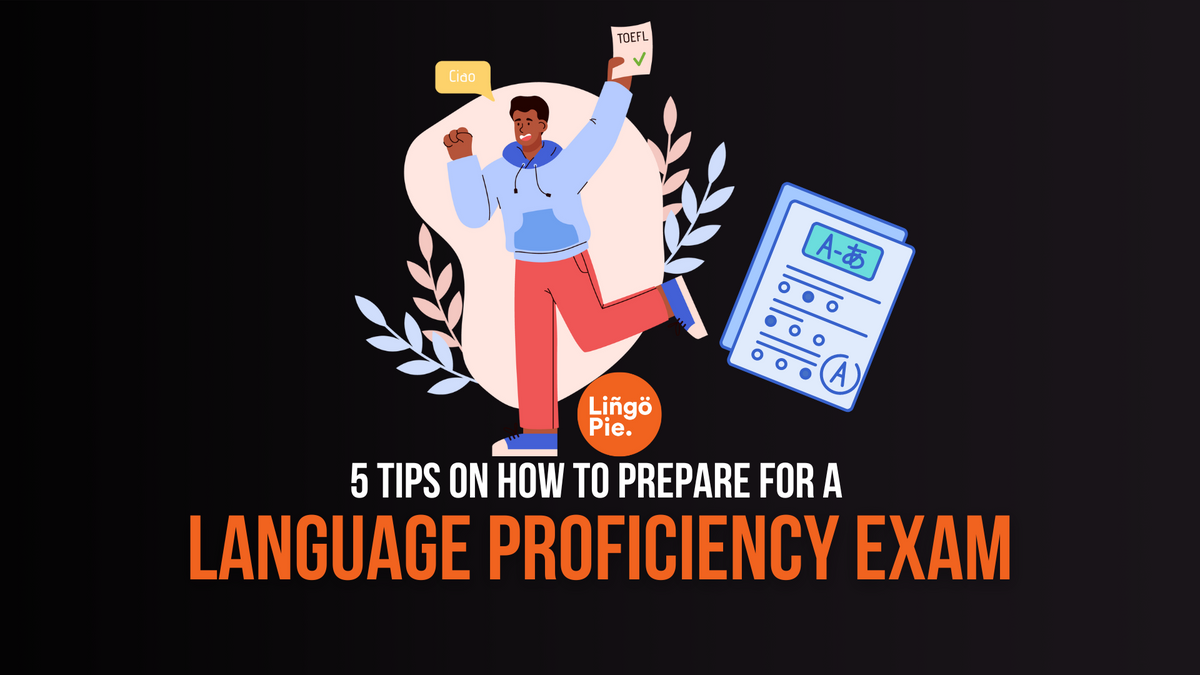So, you want to learn how to say good morning in Russian? Cool, let me tell you about my journey with that.
I've been trying to get my head around Russian for a few months now. Got myself some language tutors, learning apps, and everything. And you know what? I thought saying "good morning" would be a piece of cake. Turns out, it's not that simple.
Here's the deal: Russian greetings aren't just words you throw around. They've got this whole vibe to them, you know? Like, when to use them, how formal to be, that kind of stuff. It's pretty interesting once you get into it.
I've had my fair share of awkward moments trying to nail this "good morning" thing. But hey, that's why I'm writing this - to help you avoid the same stumbling blocks I hit. Whether you're curious about basic Russian phrases or you genuinely want to learn Russian, I've got you covered.

How do you say good morning in Russian?
The most common way to say "good morning" in Russian is "Доброе утро" (pronounced "DOH-bro-ye OO-truh"). This is your go-to phrase for greeting people in the morning, and it works great in most formal and informal situations. Basically, "Доброе" means "good," and "утро" means "morning." Put them together, and you've got "good morning."
This phrase is pretty versatile. You can use it with your boss, your neighbor, or the person serving your morning coffee. It's polite, it's standard, and it'll work fine until around noon.
Want to see it in action? Check out these quick conversations:
Example 1
You: Доброе утро! (DOH-bro-ye OO-truh)
Friend: Доброе утро! Как дела? (DOH-bro-ye OO-truh! Kahk de-LA?) Translation:
You: Good morning!
Friend: Good morning! How are you?
Example 2
Coworker: Доброе утро! Готов к встрече? (DOH-bro-ye OO-truh! goh-TOV k VSTRE-che?)
You: Доброе утро! Да, готов. (DOH-bro-ye OO-truh! Da, goh-TOV)
Translation:
Coworker: Good morning! Ready for the meeting?
You: Good morning! Yes, ready.
When should you use Доброе утро in Russian?
So, when should you bust out your "Доброе утро"? Basically, timing is key. Use "Доброе утро" from when you wake up until about noon. After that, you'll want to switch to a different greeting. It's like saying "good morning" in English – you wouldn't say it at 3 PM, right?
You also have to note that culturally, Russians often skip morning greetings with people they see every day, like family members or close friends. They might just jump straight into conversation. So if your Russian buddy doesn't say "Доброе утро" back, don't sweat it. They're not being rude – it's just how things roll sometimes.
Oh, and one more thing – if you're meeting someone for the first time in the morning, or in a more formal situation, you might want to go with "Здравствуйте" (ZDRAHST-vooy-tye) instead. It's a more formal "hello" that works any time of day.

Are there other ways to say good morning in Russian?
Are there other ways to say "good morning" in Russian? You bet there are!
While "Доброе утро" is the standard, Russian offers a variety of morning greetings to fit different situations and relationships. Let's explore some of these alternative Russian phrases that'll help you mix up your morning greetings and sound more like a native speaker.
С добрым утром (S dobrym utrom)
This phrase literally means "with a good morning" and is similar to saying "I wish you a good morning" in English. It's a bit warmer and more personal than the standard "Доброе утро". You might use this with close friends or family members to show a bit more care in your greeting.
С утречком (S utrechkom)
Here's a cute, colloquial way to say "nice morning". The "-чком" ending makes it diminutive, adding a touch of warmth and familiarity. Use this with people you're close to for a cheerful, informal greeting.
Утро доброе (Utro dobroye)
This is simply "Доброе утро" with the words flipped around. In Russian, changing word order can add emphasis or alter the tone slightly. "Утро доброе" sounds a bit more casual and friendly. It's perfect for informal situations or when you're greeting friends.
Доброе (Dobroye)/Утро (Utro)
Sometimes, Russians will simply say "Доброе" or "Утро" as a shorthand greeting. It's like saying just "Morning" in English. This super casual greeting works best with people you see every day, like colleagues or roommates.
Солнечного утра (Solnechnogo utra)
This phrase means "Sunny morning" and is a lovely, poetic way to greet someone. It's not an everyday phrase, but it can be a nice change of pace, especially on a beautiful day.
Чудесного дня (Chudesnogo dnya)/Хорошего дня (Khoroshego dnya)
While these mean "Have a wonderful day" and "Have a good day" respectively, they can be used as morning greetings. They're forward-looking and positive, suitable for both formal and informal situations.

Добрый день (Dobry den)
Strictly speaking, this means "Good day" and is typically used afternoon. However, some Russians use it as a generic greeting throughout the day, including mornings.
Доброго рассвета (Dobrogo rassveta)
This poetic phrase means "Good dawn". It's not common in everyday speech but could be a beautiful greeting for early risers or in written communication.
How to respond to good morning in Russian?
When someone hits you with a "Доброе утро" (good morning in Russian), you've got a few solid options to fire back. The easiest? Simply echo their greeting!
Доброе утро! (Dobroye utro!) - Good morning!
This is your go-to response. It works in both formal and informal situations, whether you're talking to close friends or addressing acquaintances in business meetings.
But let's spice things up a bit. Here are some other ways to respond:
И вам доброе утро! (I vam dobroye utro!)
And a good morning to you too! This adds a bit more warmth to your greeting, showing you're engaged in the conversation.
Доброе! (Dobroye!) - Good!
A shortened version that's common among friends or in informal situations.
Утро доброе! (Utro dobroye!) - Morning good!
This word order switch is a casual, friendly way to return the greeting.
С добрым утром! (S dobrym utrom!) - With a good morning!
A slightly more expressive way to say "good morning" back.
Advanced Russian Greetings
Remember, in Russian culture, greetings are important to demonstrate respect and set the tone for your interaction. However, with family members or very close friends, Russians might skip the formalities and jump straight into conversation.
Want to take it up a notch? Try adding a question to your response:
- Доброе утро! Как дела? (Dobroye utro! Kak dela?) - Good morning! How are you?
- Доброе утро! Как спалось? (Dobroye utro! Kak spalos'?) - Good morning! How did you sleep?
These additions can help kickstart a conversation, showing interest in the other person's well-being.
Sidenote: Want to see these Russian greetings in action? Lingopie takes authentic Russian TV shows and movies and turns them into interactive language-learning experiences. You'll hear real Russians using these greetings in context, helping you understand the nuances of when and how to use each phrase.
With Lingopie, you can:
- Watch Russian content with dual-language subtitles
- Click on any word to see its definition and add it to your personal vocab list
- Practice your pronunciation with speaking exercises
- Learn Russian phrases and slang as they're actually used by native speakers
How do Russians greet each other in the morning?
Russians have some unique cultural norms when it comes to morning greetings. Here's what you need to know:
With strangers
Surprise! Russians typically don't greet strangers at all. If you're walking down the street in the morning, don't expect to hear a chorus of "Доброе утро" from passersby.
This isn't rudeness – it's just not customary to acknowledge people you don't know. Saying "hello" to a stranger might actually seem odd or overly familiar.
Normally, you'll only really greet people you're directly interacting with, like a cashier or a receptionist.
With acquaintances and in formal settings
A firm handshake is the go-to greeting, especially among men. Make sure to maintain eye contact – it's a sign of respect. If you're a man greeting a woman, you might want to soften that grip a bit. Usually, the verbal greetings like "Доброе утро" or "Здравствуйте" accompany the handshake.
In the workplace, it's also common to greet your immediate colleagues when you arrive at work. This means that if you're entering a room, it's polite to say a general "Доброе утро" to everyone present.
With friends and in informal situations
Russian-speaking friends might hug or pat each other on the back. Verbal greetings become more casual. You might hear "Утро доброе" or even just "Утро". But then again, close friends might skip the morning greeting altogether and jump straight into conversation.

Other Morning Vocabulary in Russian
Learning how to say "good morning" in Russian is just the beginning. To truly master morning conversations in Russian, it's essential to expand your vocabulary beyond basic greetings.
Whether you're describing your morning, talking about your routine, or discussing breakfast with Russian-speaking friends, these words and phrases will prove invaluable. Let's dive into four key areas of morning-related vocabulary.
Adjectives for Morning
Here's a table of adjectives to help you describe various aspects of your morning:
| Russian | English |
|---|---|
| Раннее | Early |
| Позднее | Late |
| Солнечное | Sunny |
| Пасмурное | Cloudy |
| Свежее | Fresh |
| Туманное | Foggy |
| Росистое | Dewy |
| Прохладное | Cool |
| Тёплое | Warm |
| Дождливое | Rainy |
| Ветреное | Windy |
| Спокойное | Calm |
| Оживлённое | Lively |
| Тихое | Quiet |
| Шумное | Noisy |
| Сонное | Sleepy |
| Бодрое | Energetic |
| Ленивое | Lazy |
| Продуктивное | Productive |
| Безмятежное | Serene |
Vocabulary for Waking Up
This section covers words and phrases related to the process of waking up:
| Russian | English |
|---|---|
| Просыпаться | To wake up |
| Вставать | To get up |
| Будильник | Alarm clock |
| Зевать | To yawn |
| Потягиваться | To stretch |
| Дремать | To doze |
| Спать | To sleep |
| Храпеть | To snore |
| Сонливость | Drowsiness |
| Бессонница | Insomnia |
| Дрёма | Slumber |
| Пробуждение | Awakening |
| Вздремнуть | To take a nap |
| Разоспаться | To oversleep |
| Недосып | Sleep deprivation |
| Полусон | Half-asleep |
| Ворочаться | To toss and turn |
| Подушка | Pillow |
| Одеяло | Blanket |
| Постель | Bed |
Eating Breakfast
Here's a comprehensive list of breakfast-related vocabulary:
| Russian | English |
|---|---|
| Завтракать | To have breakfast |
| Каша | Porridge |
| Бутерброд | Sandwich |
| Кофе | Coffee |
| Чай | Tea |
| Яичница | Fried eggs |
| Омлет | Omelette |
| Тост | Toast |
| Хлопья | Cereal |
| Блины | Pancakes |
| Сырники | Cheese pancakes |
| Варенье | Jam |
| Мёд | Honey |
| Сок | Juice |
| Молоко | Milk |
| Йогурт | Yogurt |
| Фрукты | Fruits |
| Овсянка | Oatmeal |
| Сыр | Cheese |
| Колбаса | Sausage |
Getting Ready for the Day
Finally, here's a table with vocabulary for preparing for the day ahead:
| Russian | English |
|---|---|
| Умываться | To wash one's face |
| Чистить зубы | To brush teeth |
| Одеваться | To get dressed |
| Причёсываться | To comb one's hair |
| Собираться | To get ready |
| Принимать душ | To take a shower |
| Бриться | To shave |
| Краситься | To put on makeup |
| Гладить одежду | To iron clothes |
| Выбирать наряд | To choose an outfit |
| Застилать постель | To make the bed |
| Кормить питомца | To feed a pet |
| Проверять почту | To check email |
| Планировать день | To plan the day |
| Готовить обед | To prepare lunch |
| Собирать сумку | To pack a bag |
| Искать ключи | To look for keys |
| Закрывать дверь | To lock the door |
| Выходить из дома | To leave home |
| Спешить на работу | To rush to work |
With these extensive vocabulary lists, you'll be well-equipped to discuss all aspects of your morning in Russian. Practice using these words in sentences to enhance your language skills. Soon, you'll be chatting about your mornings with confidence, impressing your Russian-speaking friends with your expanded vocabulary!
Learn The Russian Language With Lingopie
You've now got the tools to kick off your mornings in Russian like a pro. But why stop here? Language is alive - it's more than just words on a page. To really nail those greetings and sound like a native, you need to hear them in action.
That's where Lingopie comes in. Imagine learning Russian through binge-worthy Russian TV shows and movies.
You'll hear real Russians using these phrases, pick up slang, and understand the culture behind the words. It's like having a Russian friend teaching you - but way more fun. Give Lingopie a shot with their 7-day free trial now!








![Russian Alphabet: Everything You Need to Know [2025]](/blog/content/images/size/w300/2025/04/Russian-alphabet-.jpg)

